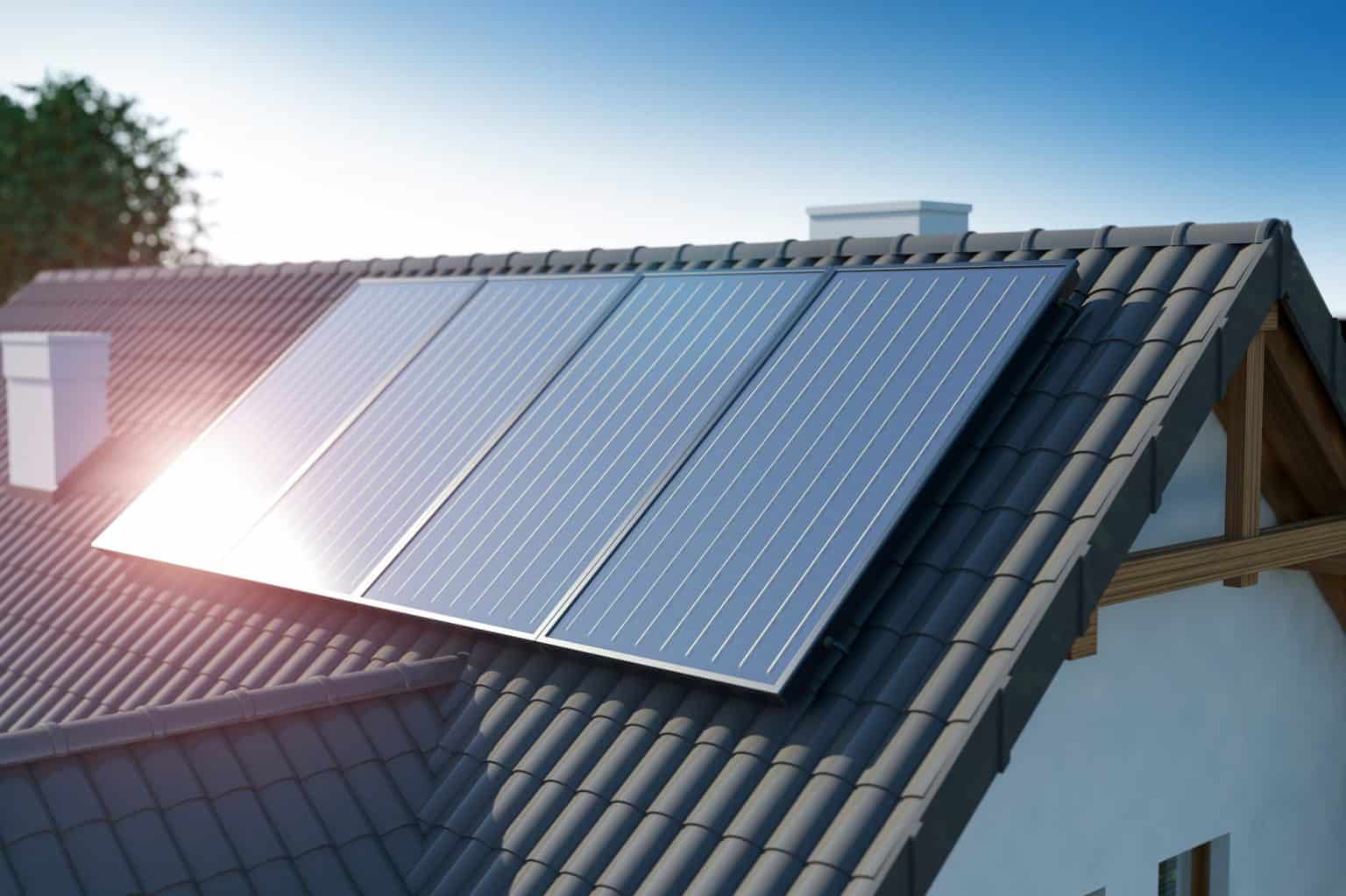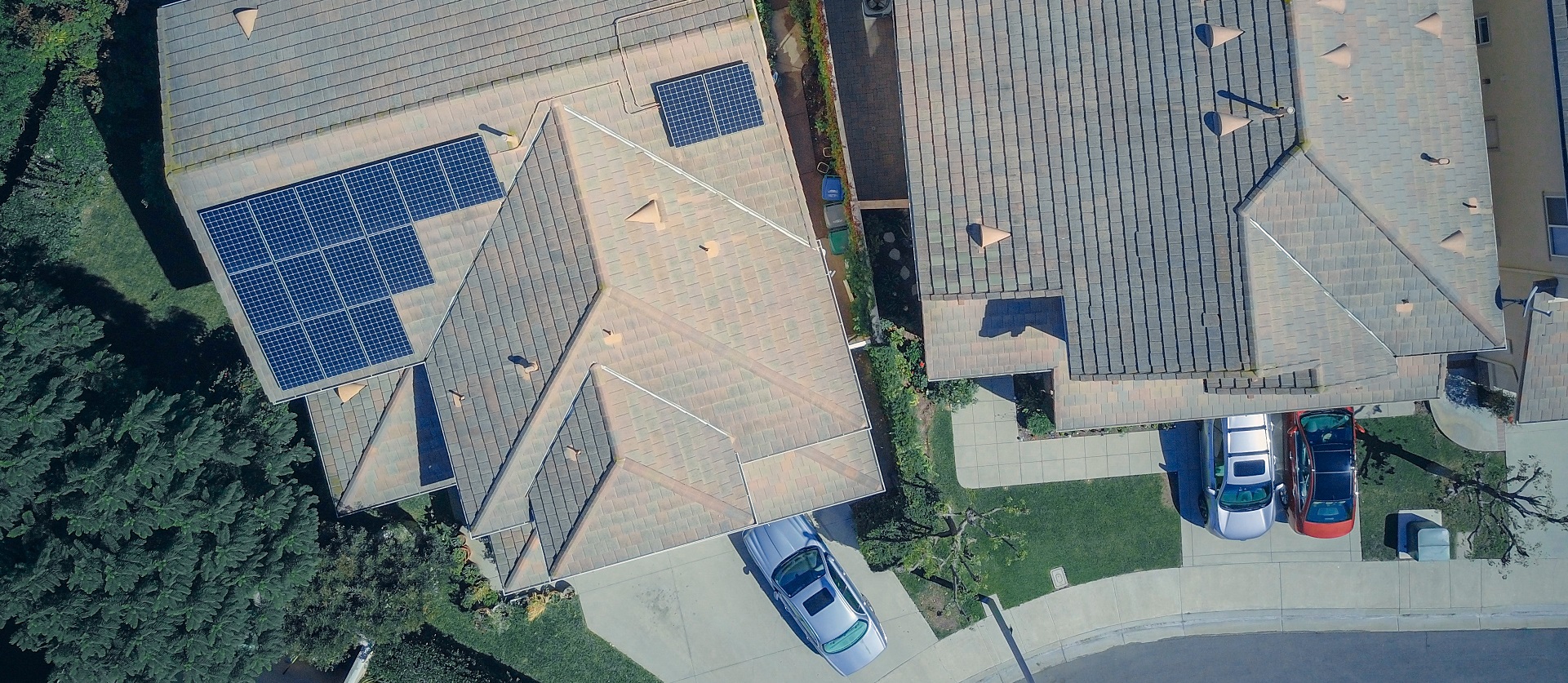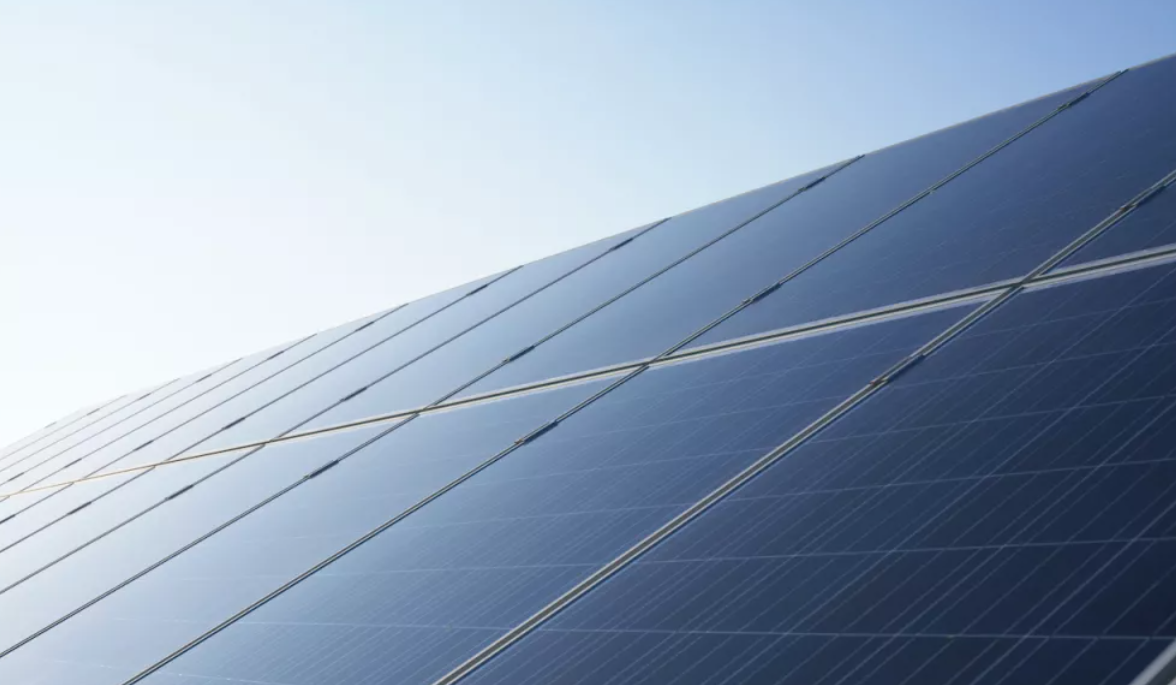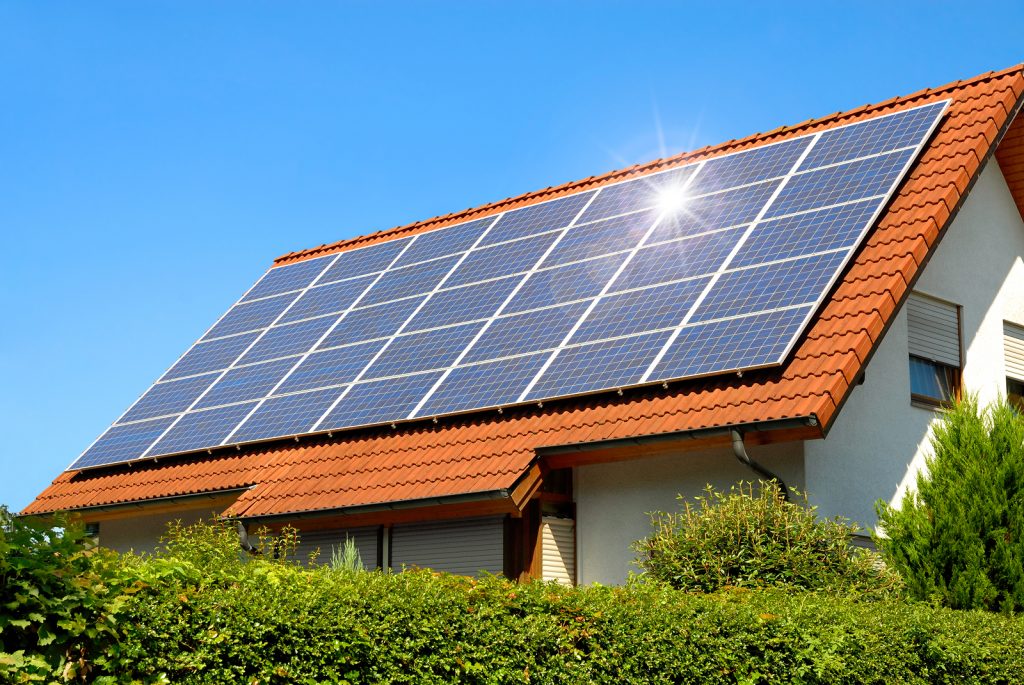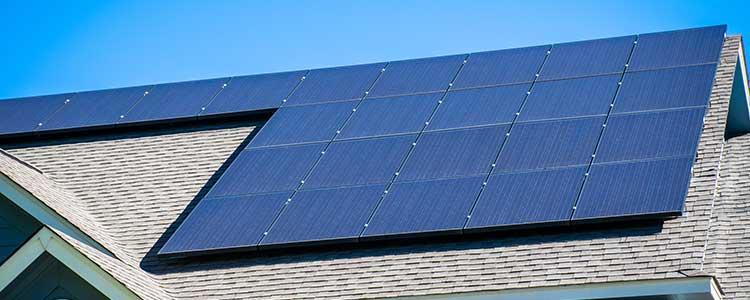When is the Right Time to go Solar?
June 23, 2024
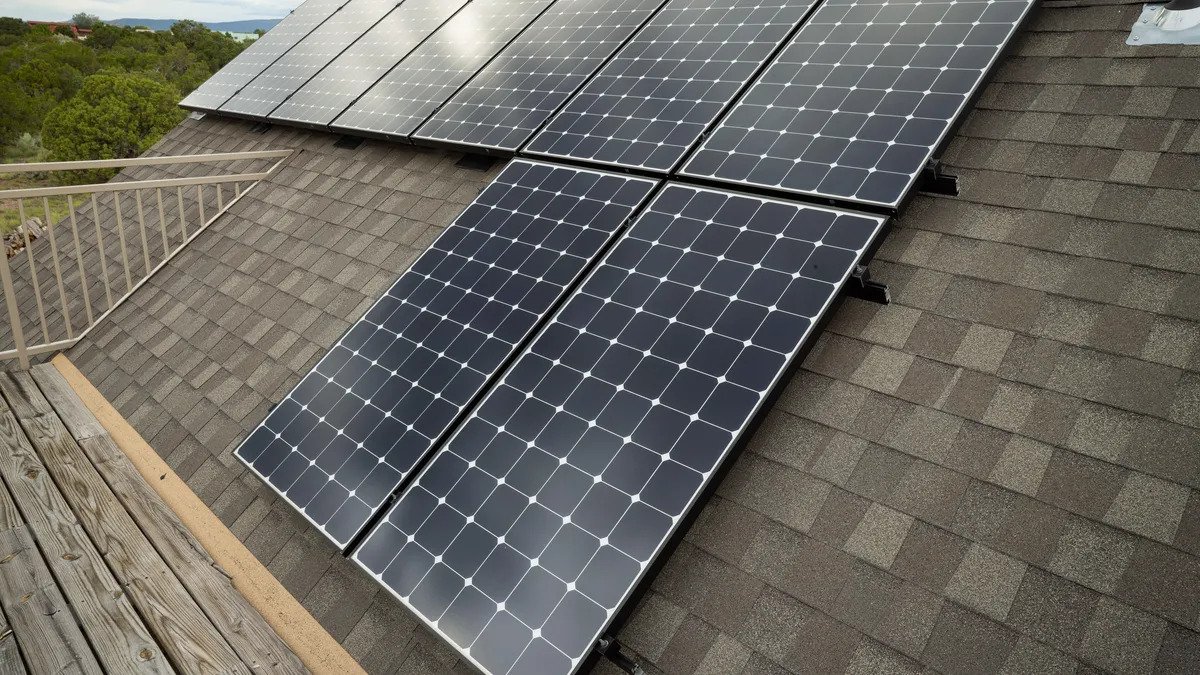
When Is It The Right Time To Go Solar?: A Few Simple Questions Could Help You Save Thousands of Dollars Every Year. Although solar tariffs were just implemented at the beginning of the year, the solar energy industry is still experiencing a tremendous development surge. Installations have increased from 7.7 gigawatts per year to over 100 gigawatts per year in the last ten years. Solar energy can still be a very wise investment, even if the continual rise in savings is momentarily interrupted. Your system might have paid for itself in as little as five years, depending on the state in which you reside. To determine whether it’s time to start looking at obtaining solar seriously, ask yourself the following questions regarding your state, your home, and your finances.
Your State/Location
What incentive(s) is/are the state provide?
When it comes to financial savings on your solar energy system, the federal tax credit that the government is now offering is simply the tip of the iceberg. The many States provide some kind of solar tax credit.
Is SREC Available?
SREC, which stands for Solar Renewable Energy Certificate, is a program that enables you to obtain financial credits from your utility. Power companies are encouraged to buy back excess energy produced by solar energy systems since the program mandates that a portion of their electricity come from renewable sources. 30 States (plus the District of Columbia) are a part of SREC.
Is Net Metering Offered?
Currently, 38 States have a net metering policy, which means that your local power provider will buy back any excess energy your solar energy system produces. Each State’s renewable energy portfolio goals can be accomplished with the aid of a net metering policy, which also benefits solar energy system owners.
Also Read: All You Need To Know About Solar Panel Warranties
Your House
Do you plan on staying?
When solar is installed properly, solar energy systems are exceptionally wise investments that increase the long-term value of your house and pay for themselves. However, every homeowner values solar differently, thus the investment’s perceived worth may not coincide with that of future buyers. Staying in your home long enough for your solar energy system to pay for itself is advised because of this.
Is Your Roof Old?
Solar panels and inverters are exceptionally well-built technological devices with warranties that often last twenty to thirty years. Since the technology is so durable, installing it on an outdated roof would require removing it and installing it again once the roof is replaced.
Do I have the Right Roof?
It’s crucial to understand if you will receive the full benefits of going solar because the different components of a roof affect the potential output of a solar energy system. The amount of shade, the size overall, the style of roofing, and even the direction the roof is facing or inclined will all significantly affect the cost and potential energy produced.
Also Read: What You Need To Know About Solar Financing
Your Finances
Should I purchase or rent?
Nearly half of the States provide solar energy system leasing. This presents a chance for businesses to pay for a system in large part themselves in order to qualify for tax advantages (while you get the cheaper monthly energy bills). However, once the lease is up, the firm will either take the system back or let you buy it; you do not then own the equipment (possibly at a discounted rate).
Although buying your system altogether offers the best return on investment, not everyone has the money handy. If so, you might want to think about a secured solar loan, which uses your house as collateral and has a lower interest rate than an unsecured loan because the interest is tax deductible.
Make the Solar Energy Switch Today!
Related Articles:

